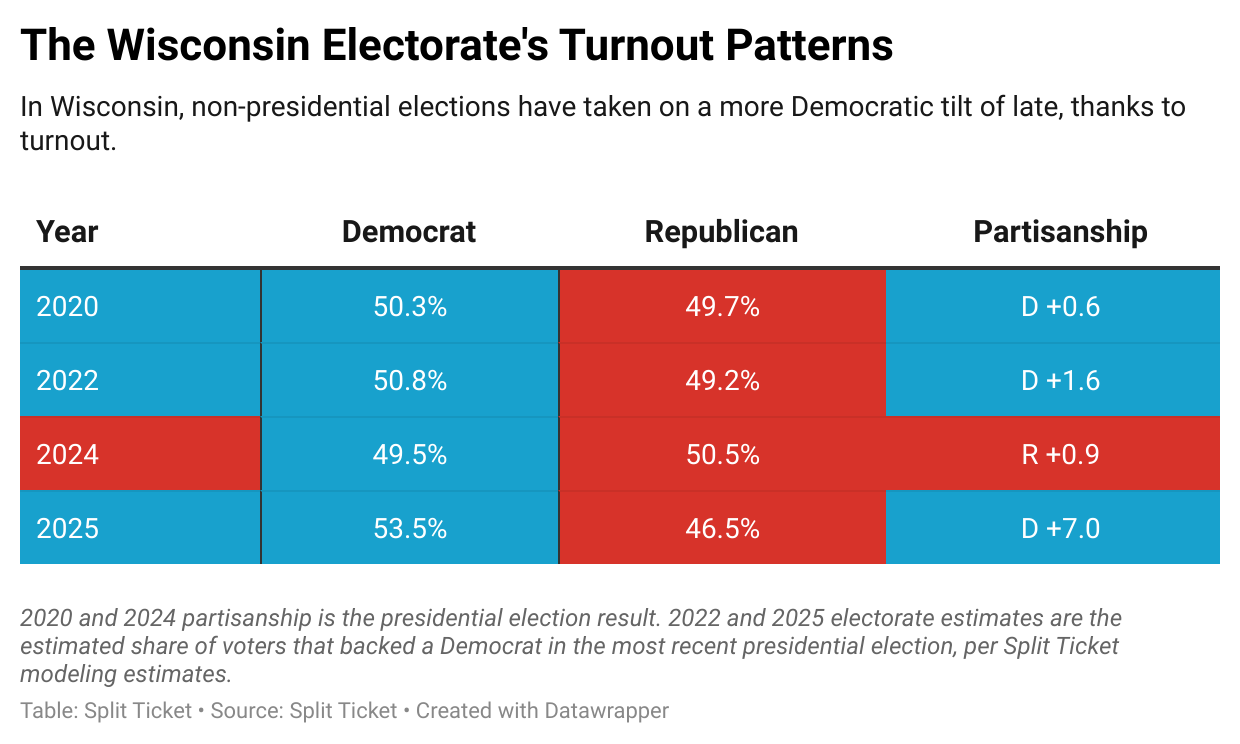Democratic Intraparty Conflict Unlikely to Derail Midterm Prospects, Analyst Suggests

Lakshya Jain, Head of Political Data at The Argument Mag, posits that current internal strife within the Democratic Party may not significantly impede its performance in upcoming midterm elections. Jain, a co-founder of Split Ticket and a machine learning and software engineer, argues that historical precedents demonstrate intraparty conflicts often have limited impact on midterm outcomes. His analysis comes amidst ongoing discussions about the Democratic Party's strategic direction and internal divisions.
"Democrats hate Republicans, but everyone hates the Democrats," Jain stated in a recent social media post, adding, "But they'll probably still be fine. I explain why in today's @TheArgumentMag piece: intraparty war is not new, and it doesn't tend to hurt much in midterms (see: Republicans in 2010/2014)." This perspective challenges common assumptions about the electoral consequences of party disunity. The Argument Mag is a mission-driven media company focused on making a case for liberalism through rigorous journalism.
The Democratic Party is currently grappling with significant internal debates, particularly concerning its messaging and strategy for the 2026 midterms. Reports indicate a deepening ideological rift between progressive and centrist wings, with leadership often prioritizing economic issues while some activists push for a stronger stance on democratic safeguards. This internal conflict is seen as a key challenge following the 2024 elections.
Jain points to Republican midterm successes in 2010 and 2014 as historical parallels. In 2010, Republicans gained 63 House seats and six Senate seats, taking control of the House despite the rise of the Tea Party movement, which represented a significant internal shift. Similarly, in 2014, Republicans expanded their House majority and gained control of the Senate, marking substantial gains even with ongoing intraparty ideological tensions.
These historical examples suggest that while internal disagreements can be pronounced, they do not automatically translate into widespread electoral losses in midterms. The focus often remains on the incumbent presidential party, with midterms frequently serving as a referendum on the sitting administration, potentially overshadowing internal party dynamics.